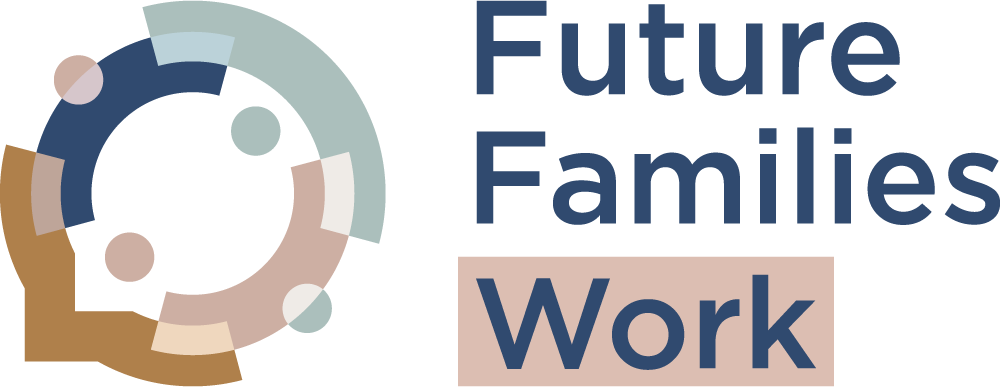by Dr Rachel Ashman, Dr Laura Radcliffe, Professor Anthony Patterson, and Professor Caroline Gatrell
Dr. Rachel Ashman, Dr. Laura Radcliffe, Professor Anthony Patterson, and Professor Caroline Gatrell, delve into the experiences of working mothers during the tumultuous era of COVID-19. Together, we reflect on how national lockdowns triggered a profound shift in traditional gender roles, placing a unique burden on employed mothers.
In response to the UK government’s efforts to curb the spread of COVID-19 through national lockdowns, mothers found themselves juggling home-schooling and childcare while maintaining their professional commitments. This unintentionally exacerbated existing labour market and caregiving inequalities, disproportionately impacting employed mothers throughout the pandemic.
Our paper, “Reordering Motherhood and Employment: Mobilising ‘Mums Everywhere’ during Covid-19,”, dissects the consequences of this sudden transition to mandated home-working.
Utilising actor-network theory, where human and non-human elements coexist within fluid ‘networks,’ our qualitative study focuses on how employed mothers navigated this government-mandated shift, reordering their local networks to balance home-working, home-schooling, and childcare.
Adapting to Unprecedented Challenges
The findings unveil three distinct ways mothers adjusted their networks, shedding light on the influence of societal biases on this transformative process.
Initially, many mothers clung to retentive adaptations, attempting to preserve the image of the ‘ideal worker’ despite increased family responsibilities. However, these efforts often gave way to traditional gender roles, with women managing childcare and men focusing on employment.
Some women faced retrogressive reordering, stepping back from or leaving their jobs to prioritise caregiving, driven by the enduring force of maternal guilt. One participant shared, “I… have the most guilt about not giving my eldest daughter much home schooling. I’ve… accepted that I can’t do well at my job at the moment… I’ve reduced my hours.”
A Fragile Balance: Overcoming Challenges and Finding Peace
In the struggle for balance, some mothers discovered solace in the simplification of daytime activities, relieved of pre-pandemic responsibilities like transportation and childcare. Reformative reordering emerged as an alternative, with flexible schedules supported by employers playing a pivotal role.
Yet, this newfound flexibility was often fragile, susceptible to external pressures such as deadlines or unsupportive colleagues. Ongoing breakdowns and attempts to reorder networks left many mothers feeling overwhelmed, as one participant expressed, “I’m exhausted, and I feel anxious… my mind’s a mash.”
The Unintended Consequences: A Setback for Gender Equality
Our study highlights how the enforced home-schooling and home-working initiatives inadvertently propelled employed mothers back into traditional gender roles. We argue that the COVID-19 response posed a significant risk to equality agendas, emphasising the need to avoid treating women as a reserve army during national mobilizations.
The research underscores the intricate web of actors supporting maternal employment, a delicate balance often disrupted by unforeseen circumstances. To fortify maternal employment in the current societal and employment landscape, greater support is essential.
Moving Forward: Steps Toward Inclusivity
While broader societal shifts are imperative, organisations can take pivotal steps. Leaders can challenge existing norms on professionalism, advocating for more varied, shifting, and flexible ways of working. Vocal support for greater fluidity between home and work can pave the way for more inclusive cultures capable of supporting employees through life’s shifting circumstances.
Join us in unpacking the multifaceted challenges faced by working mothers and envisioning a more supportive and equitable future.
Read the full research article here:
https://onlinelibrary.wiley.com/doi/10.1111/1467-8551.12630
Find out more about the research team here:
